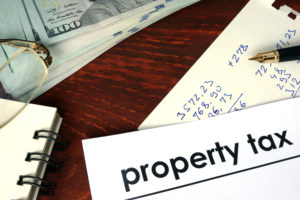New assessment notices and tax bills have been arriving in property owners’ mailboxes throughout the spring and summer, and deadlines in a few counties in southeastern Pennsylvania are only a few cookouts or trips to the shore away. August 1 is the deadline for filing appeals in Montgomery County, Bucks County, Delaware County, and Chester County this year, while Philadelphia appeals are due in early October. Deadlines in most other counties are between August 1 and October 1.
Property assessments - and the tax bills that are calculated from them - are often very difficult for property owners to interpret and fully understand. Assessments are often some percentage of actual fair market value, and determining your property’s actual fair market value can be a bit complex. It is usually best supported for residential properties by evidence such as an appraisal, recent sales data for comparable properties, or other sources of information and support. Several other factors might be considered for commercial or investment properties, like the cost approach or income approach to valuation, each of which can involve compiling significant amounts of data and applying complex analysis.
At High Swartz, our attorneys have many years of experience representing property owners in counties all across the state in appeals on properties ranging from single family homes to multi-million dollar apartment complexes, to high-value commercial properties. With our skills and experience, we help our clients assure that their property assessments, and the taxes based on those assessments, are appropriate.
Below we’ve provided some information and resources on the appeals process in a few southeastern Pennsylvania counties. Feel free to do some research regarding the possibility of appealing your own tax assessment, or Contact Us to discuss a potential appeal of your property with one of our experienced and skilled attorneys.
Montgomery County
The deadline to file Montgomery County tax assessment appeals is August 1.
Montgomery County was last reassessed in 1996, and a 2017 Inquirer article estimated that 1 in 5 Montgomery County properties were over-assessed. The Common Level Ratio for 2019 is 50.9% meaning the assessed values you see on the website or your bill are supposed to correspond to about 50.9% of the current fair market value.
Click here for the Montgomery County Assessment Appeal form
For more information, check out this FAQ on the website for the Board of Assessment Appeals
Bucks County
The deadline to file Bucks County tax assessment appeals is August 1.
Bucks County real estate values were last reassessed in 1972, and a 2017 Inquirer article estimated that about 16% of Bucks County properties are over-assessed. Because the base year was 46 years ago, the Common Level Ratio for 2019 is only 10.4%, meaning the assessed values you see on the website or your bill are supposed to correspond to about 10.4% of the current fair market value.
Click here for the Bucks County Residential Assessment Appeal form
Click here for the Bucks County Commercial/Industrial/Vacant Assessment Appeal form
Delaware County
The deadline to file Delaware County tax assessment appeals is August 1.
Delaware County real estate values are actually in the process of being reassessed, pursuant to a recent court order. The process of assessing the county’s over 200,000 properties is expected to take a few years, and the new values will go into effect by 2021. However, the current assessed values are still based off of the previous base year of 1998, with a Common Level Ratio for 2019 of about 58.1%, meaning the assessed values you see on the website or your bill are supposed to correspond to about 58.1% of the current fair market value.
Click here for the Delaware County Residential Assessment Appeal form
Click here for the Delaware County Commercial Assessment Appeal form
Chester County
The deadline to file Chester County tax assessment appeals is August 1.
Chester County real estate values were last reassessed in 1996. The Common Level Ratio is 51.3%, meaning the assessed values you see on the website or your bill are supposed to correspond to about 52.9% of the current fair market value.
Click here for the Chester County Residential Assessment Appeal form
Click here for the Chester County Commercial Assessment Appeal form
Philadelphia
The deadline to file Philadelphia tax assessment appeals is the first Monday in October (which falls on October 1 this year).
Because Philadelphia does an annual reassessment, the Common Level Ratio is 1.00, meaning the assessed value should reflect the current market value. We’ve heard from lot of Philadelphia property owners who were alarmed to see large increases in their tax assessments for 2019, in some cases as high as 200+% higher than 2018. These stories aren’t necessarily anecdotal either, as the overall median market value for single family homes increased 10.5% from last year according to analysis of the data done by the Inquirer and Daily News. Certain neighborhoods or even individual blocks saw much higher median increases.
While most assessment appeals will challenge the Office of Property Assessment’s total assessed value, property owners with tax abatements on the improvement value of their property have begun appealing only their land values (which are not subject to the abatement). Some of these appeals have already been decided in Common Pleas court, with some favorable results for the property owners – see our earlier blog post for more information on Philly’s tax abatement system and assessment appeals.
Click here for the Philadelphia Assessment Appeal form
Click here for the OPA’s website containing information on appeals and the appeals process
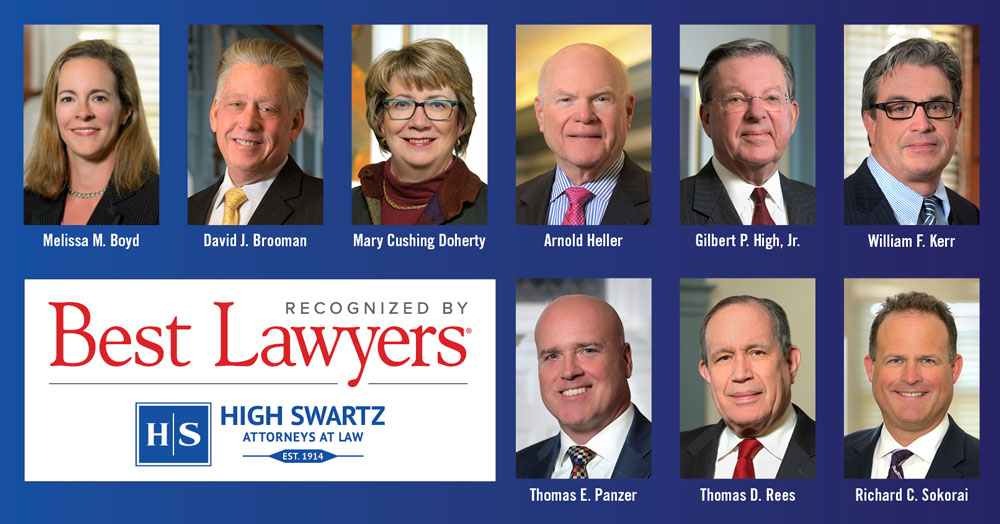


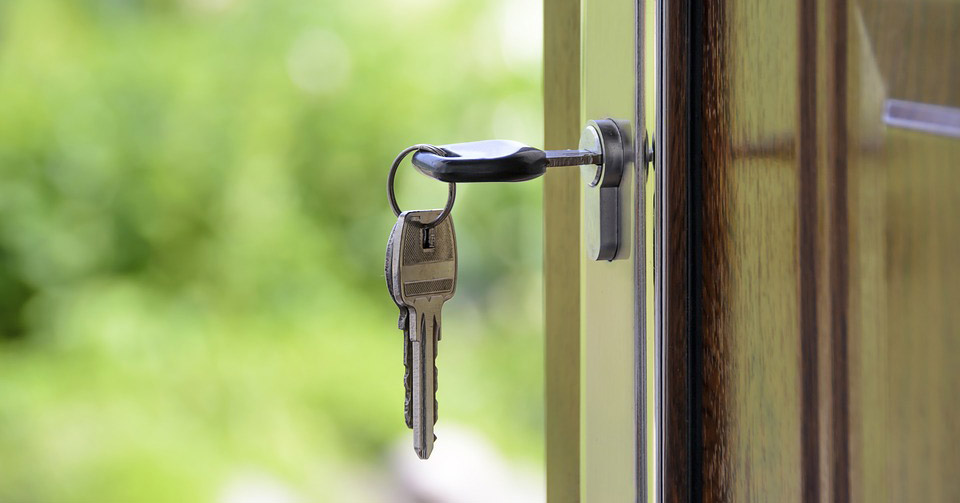
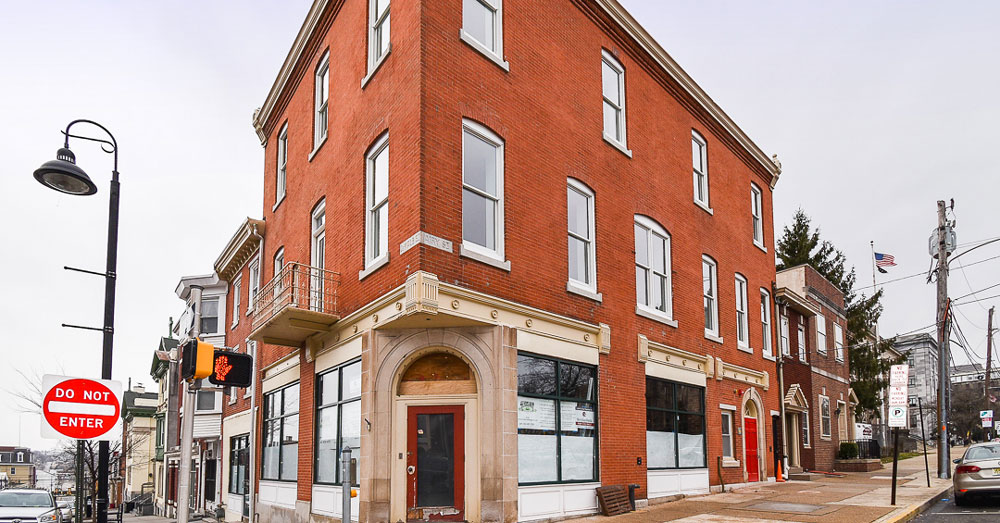
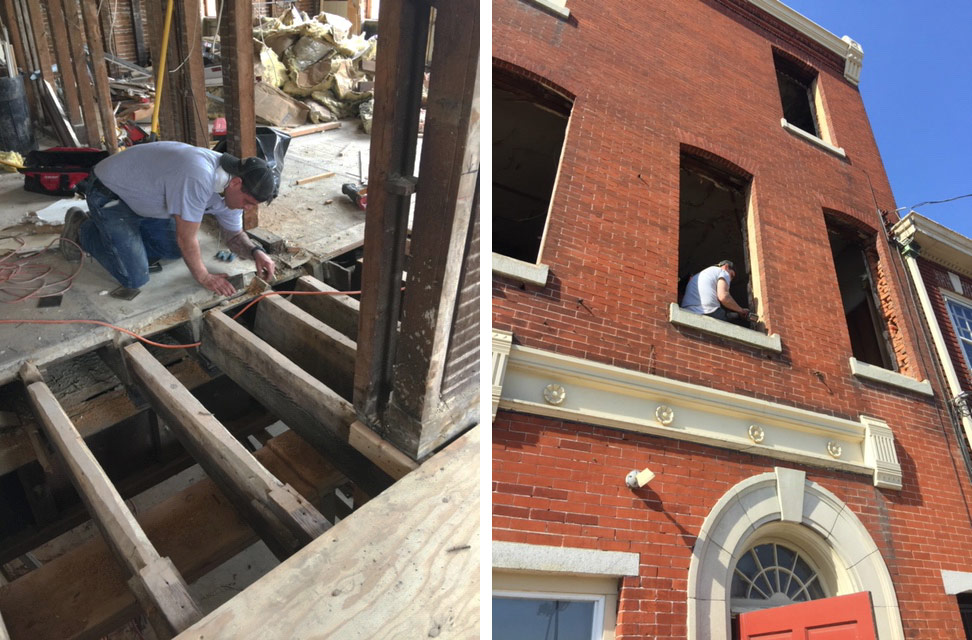
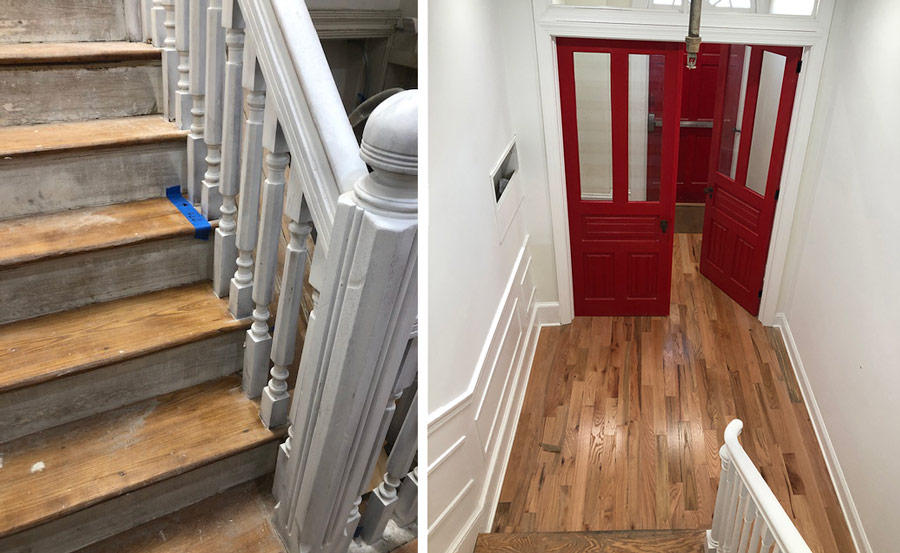
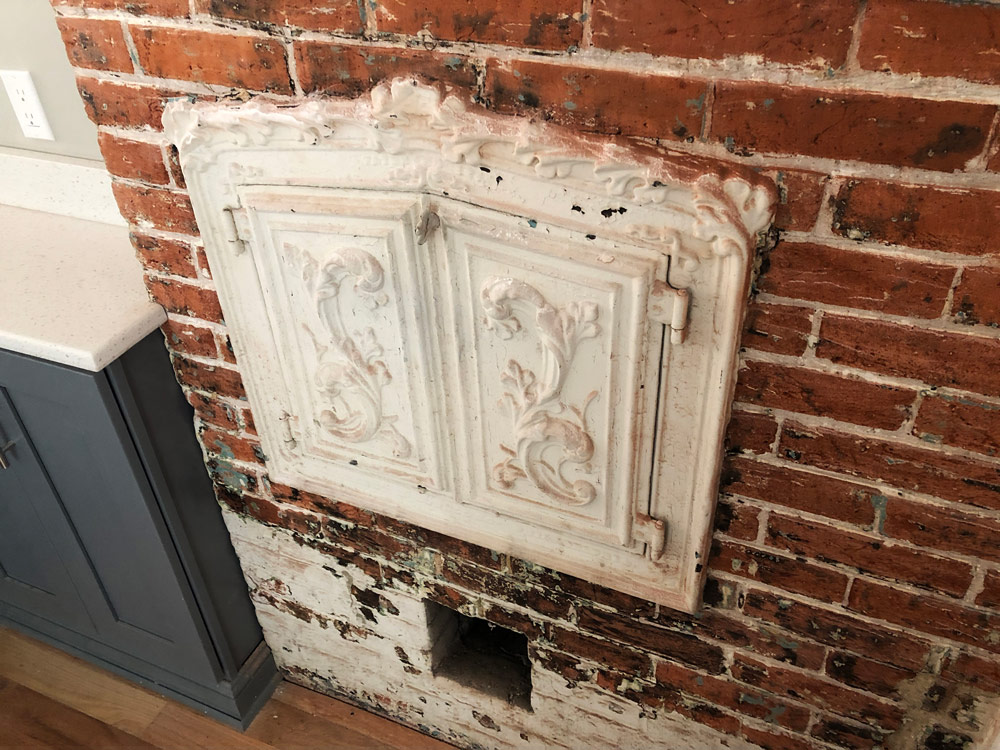
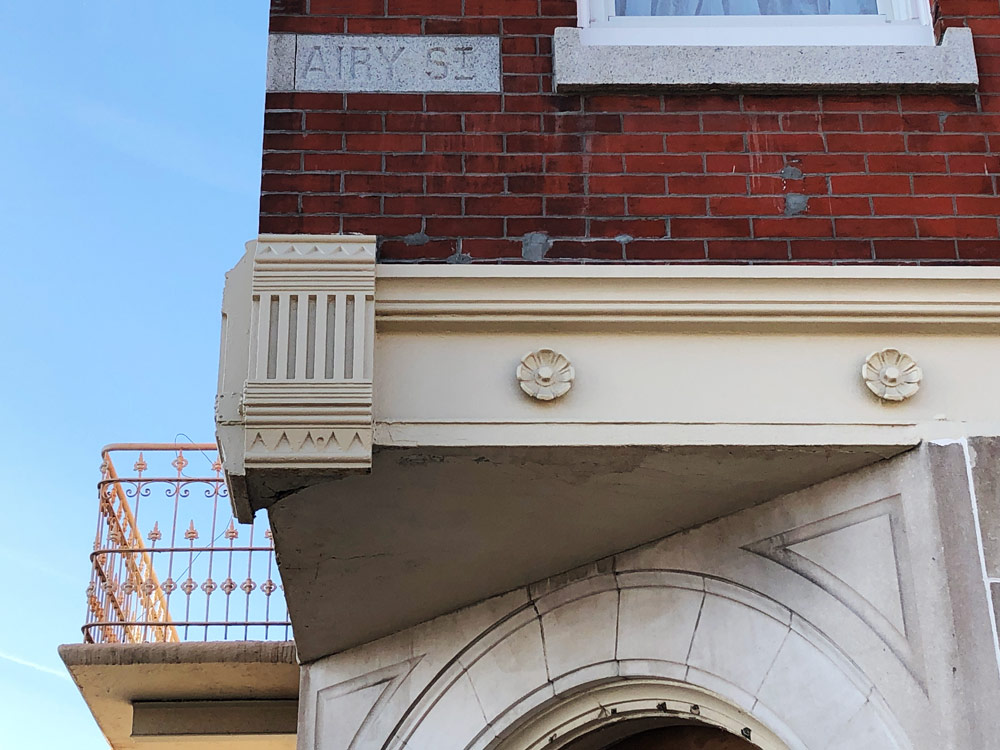

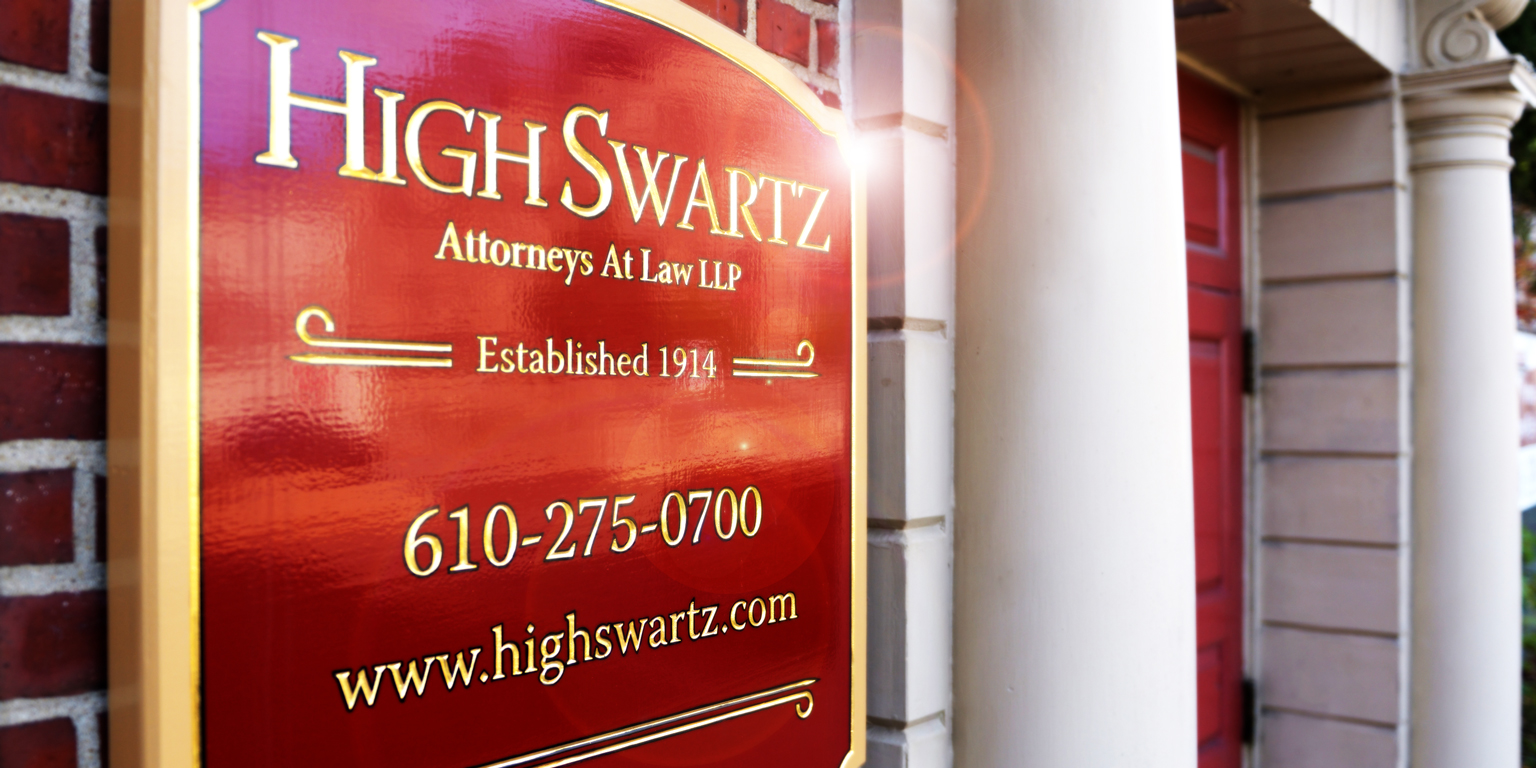
 High Swartz LLP
High Swartz LLP
